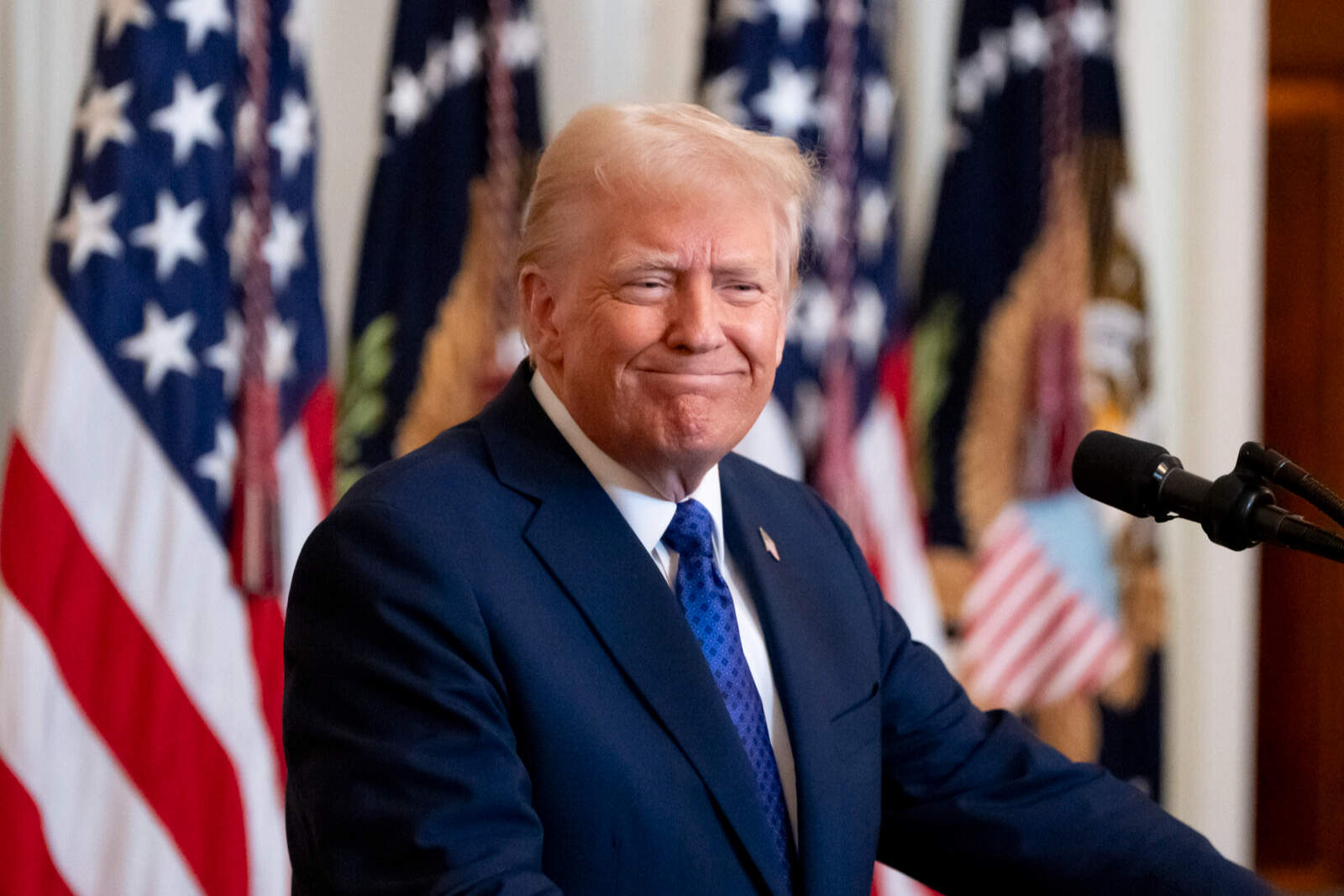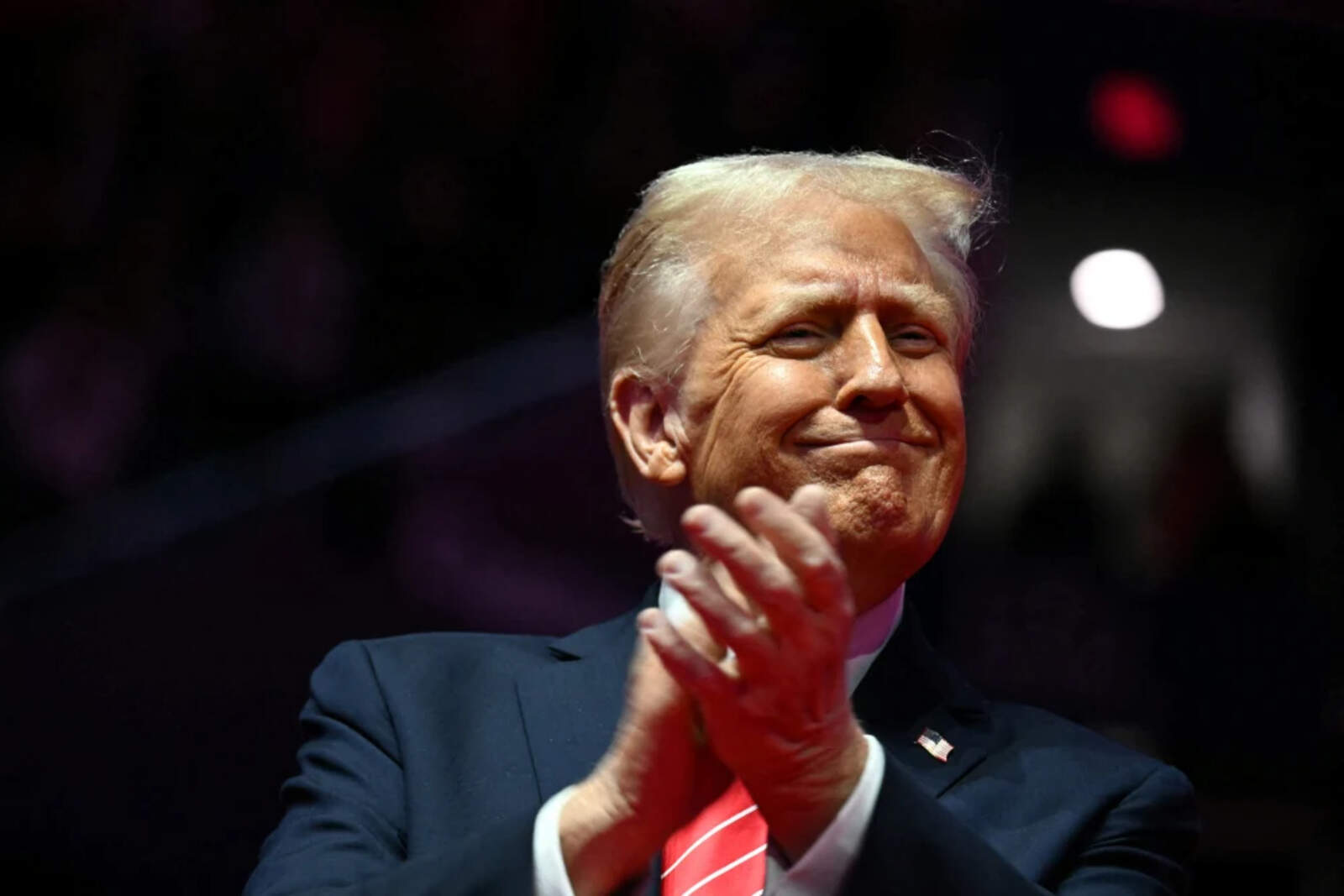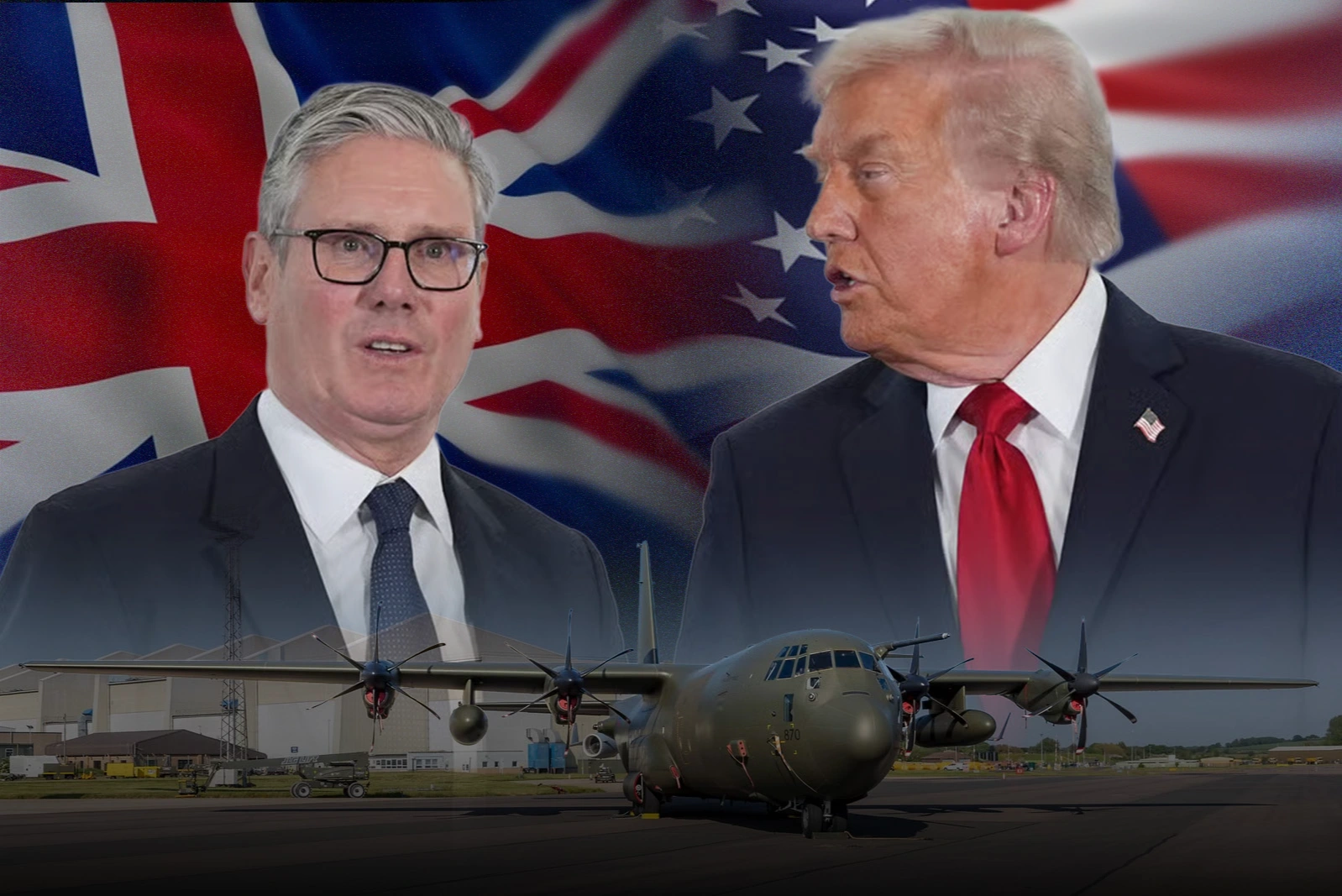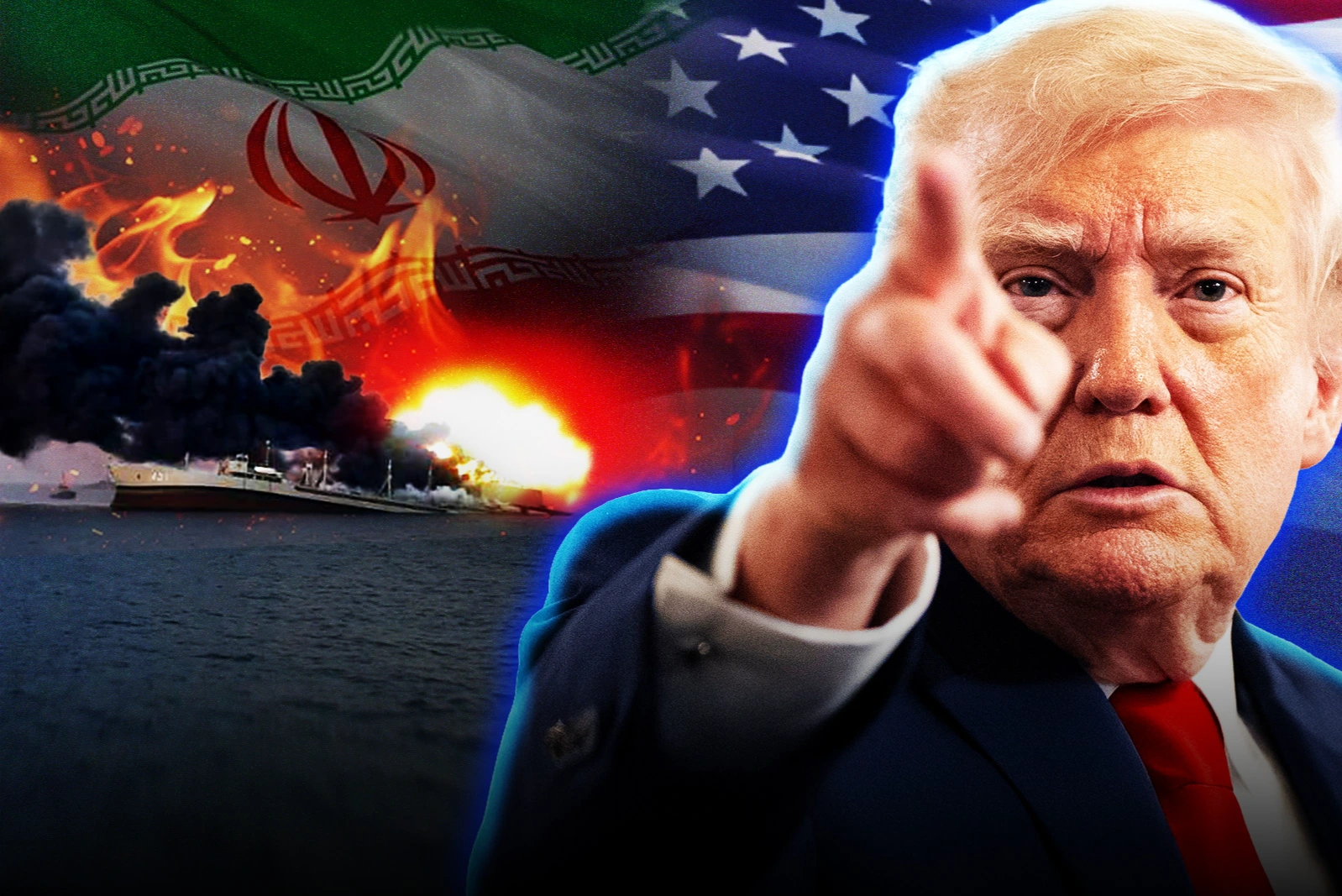More than 50 countries affected by the reciprocal tariffs policy promoted by the President of the United States, Donald Trump, contacted the American authorities to initiate negotiations with the aim of eliminating all tariffs and moving toward free trade, according to Kevin Hassett, director of the White House National Economic Council, this Sunday.
"Last night I received a report from the Trade Representative indicating that more than 50 countries have established contact with the President with the purpose of starting talks," Hassett noted in an interview given to the program "This Week," broadcast by ABC News.
The global 10% tariff, announced by Trump during the week, began to take effect this Saturday, in a decision that, although it caused instability in international stock markets, is expected to be only temporary.
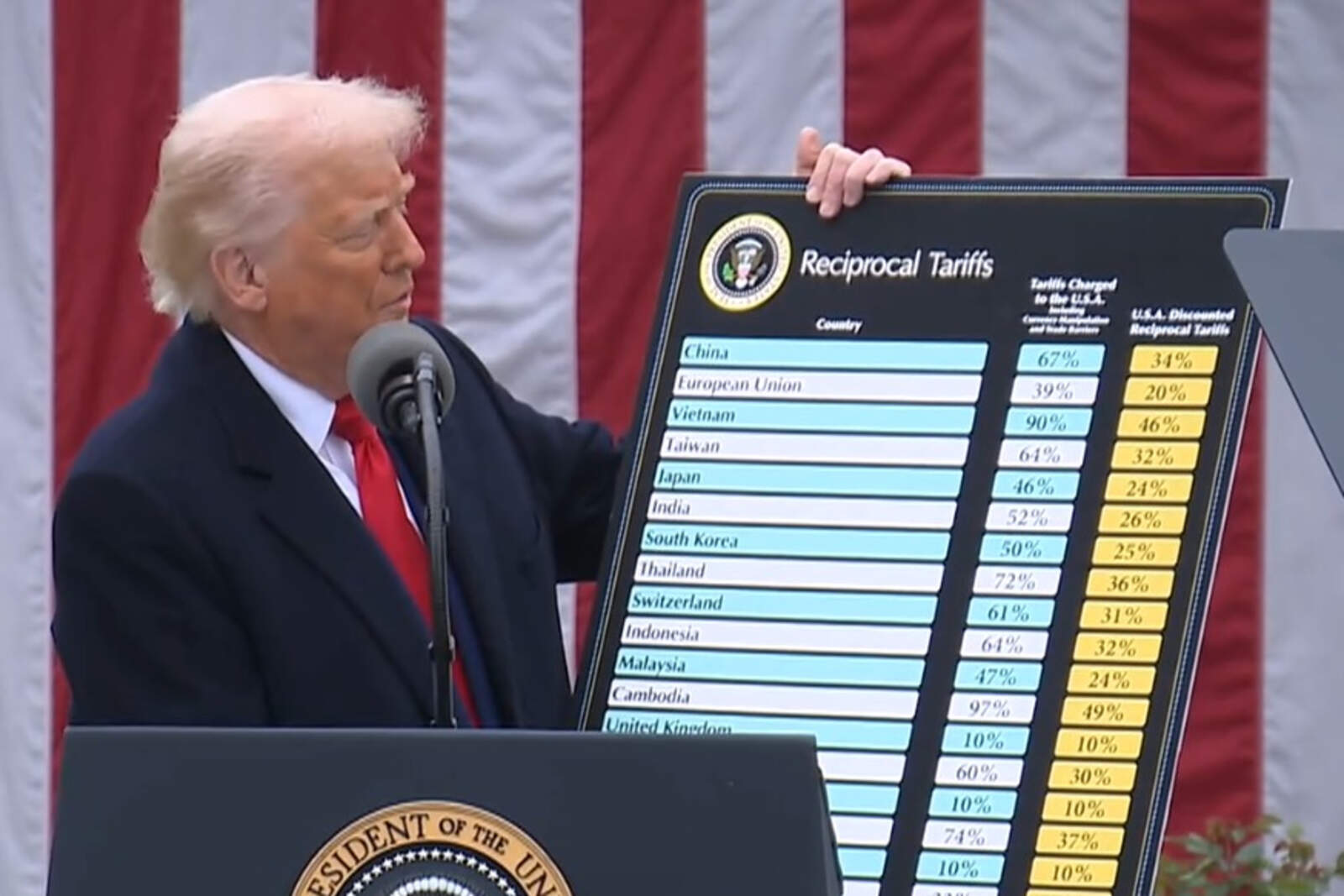
On April 2, in a date that was named "the Day of Liberation," the Republican leader announced the imposition of this 10% tax on a total of 184 countries and territories, including the European Union. In certain cases, the rate was raised to 20% for products coming from Europe and up to 34% for goods imported from China.

